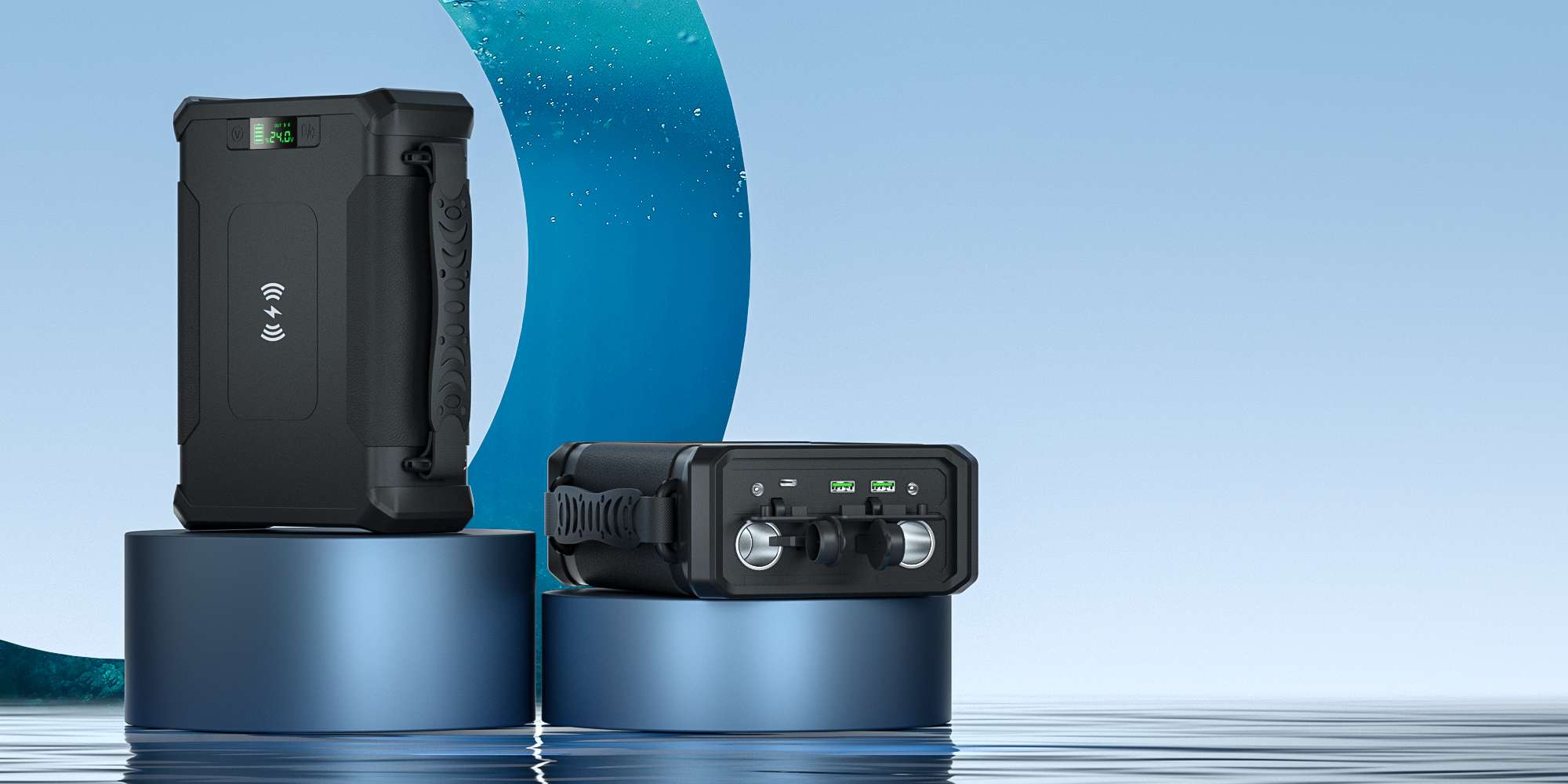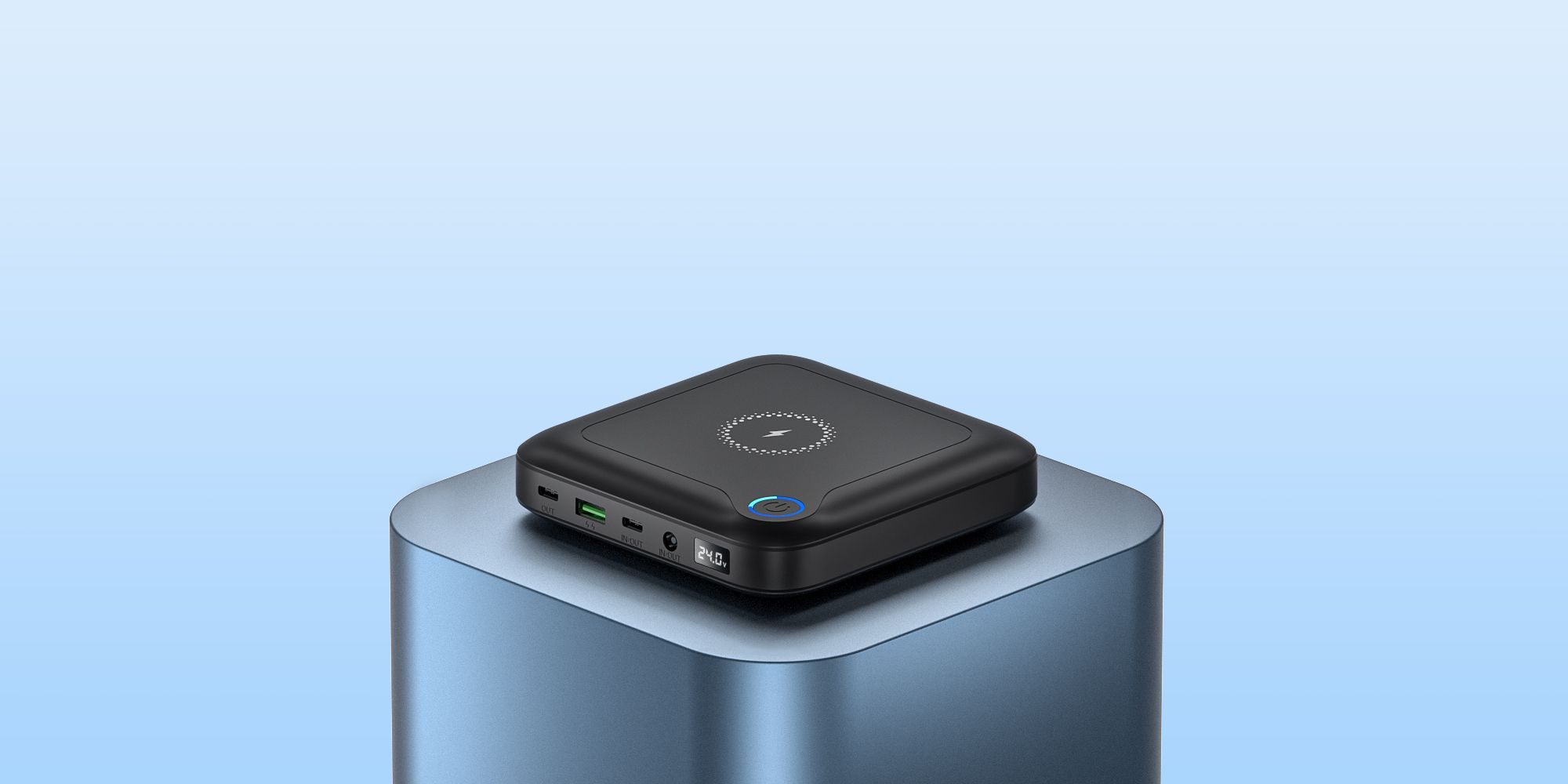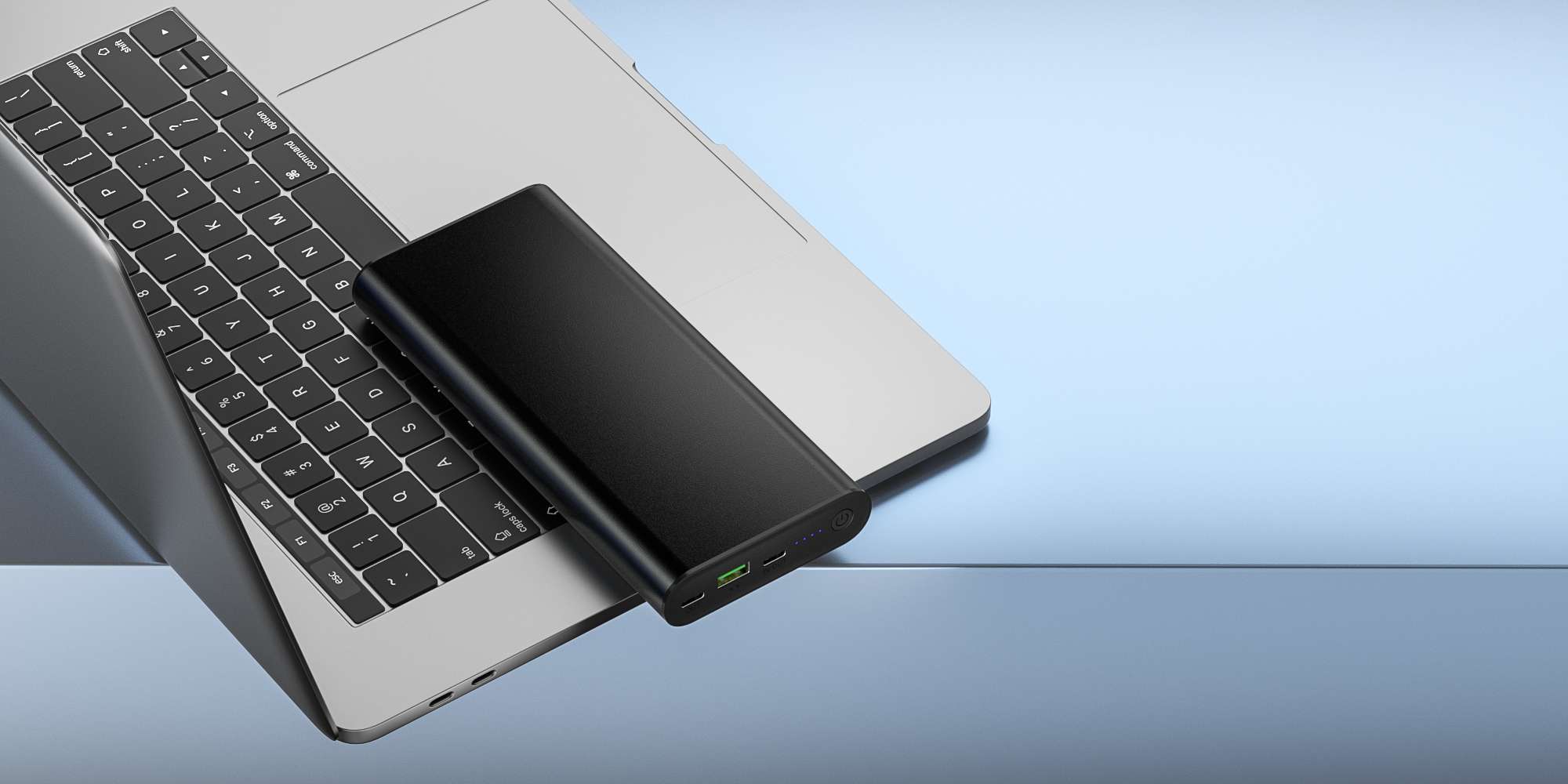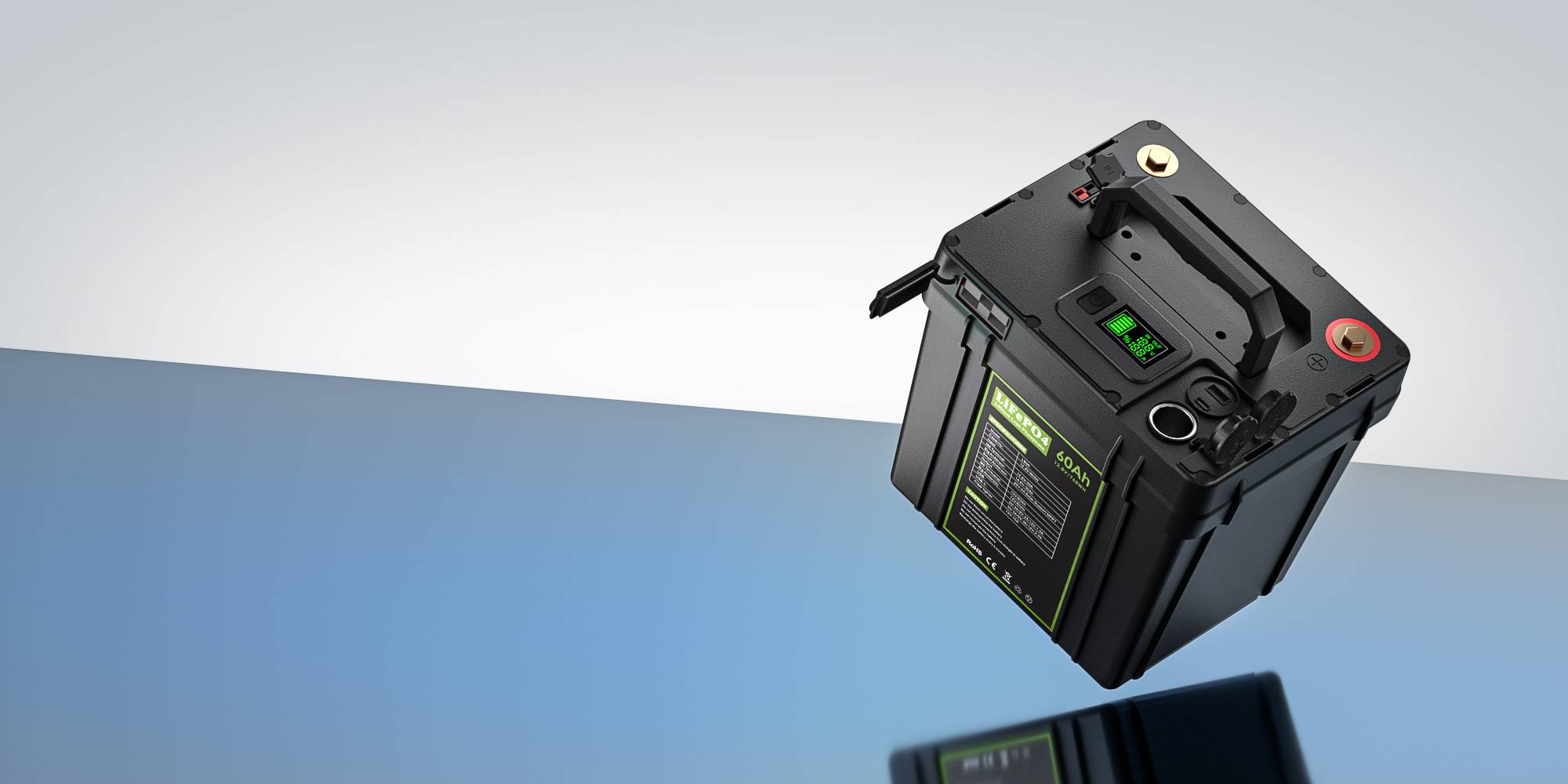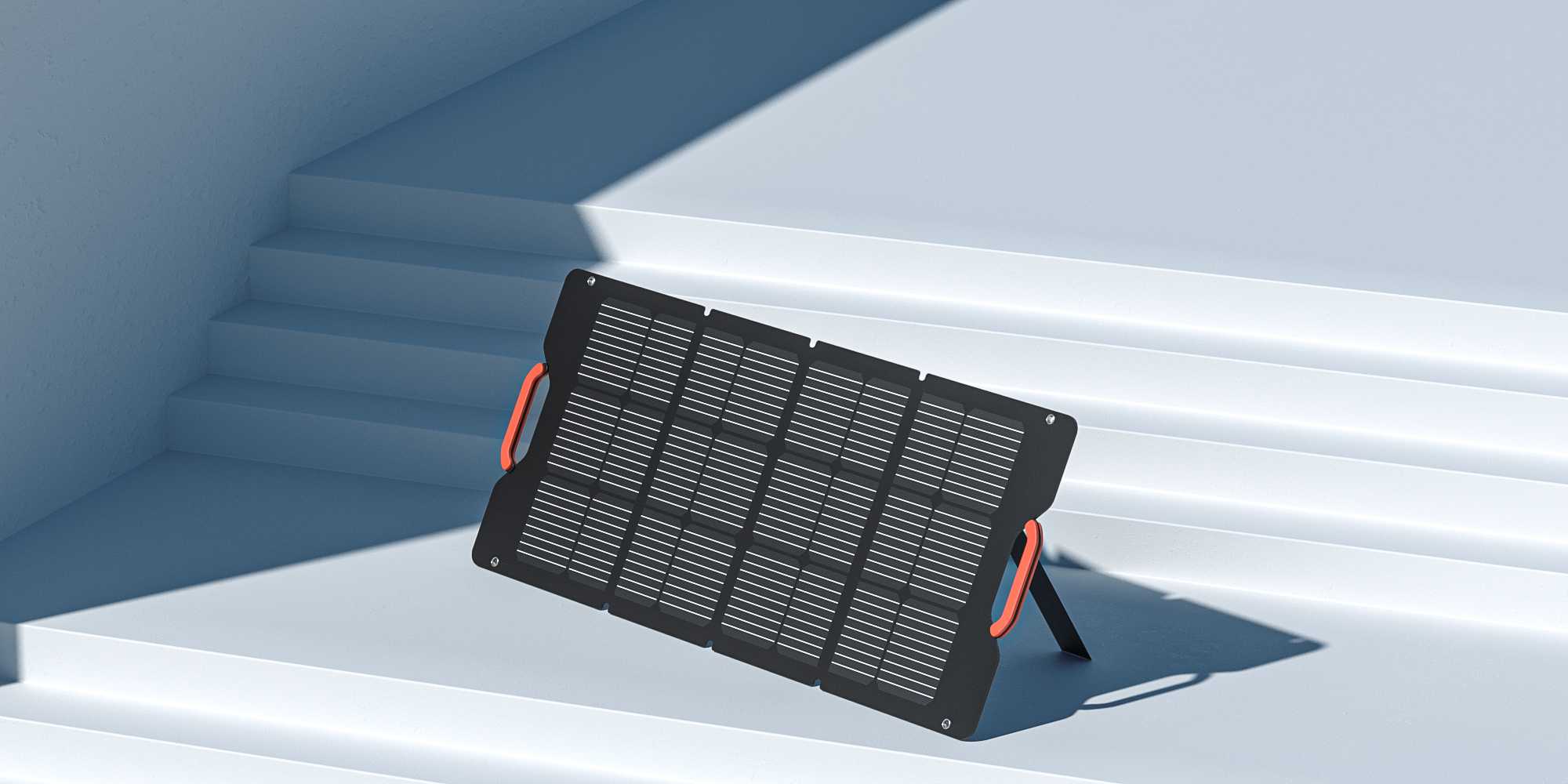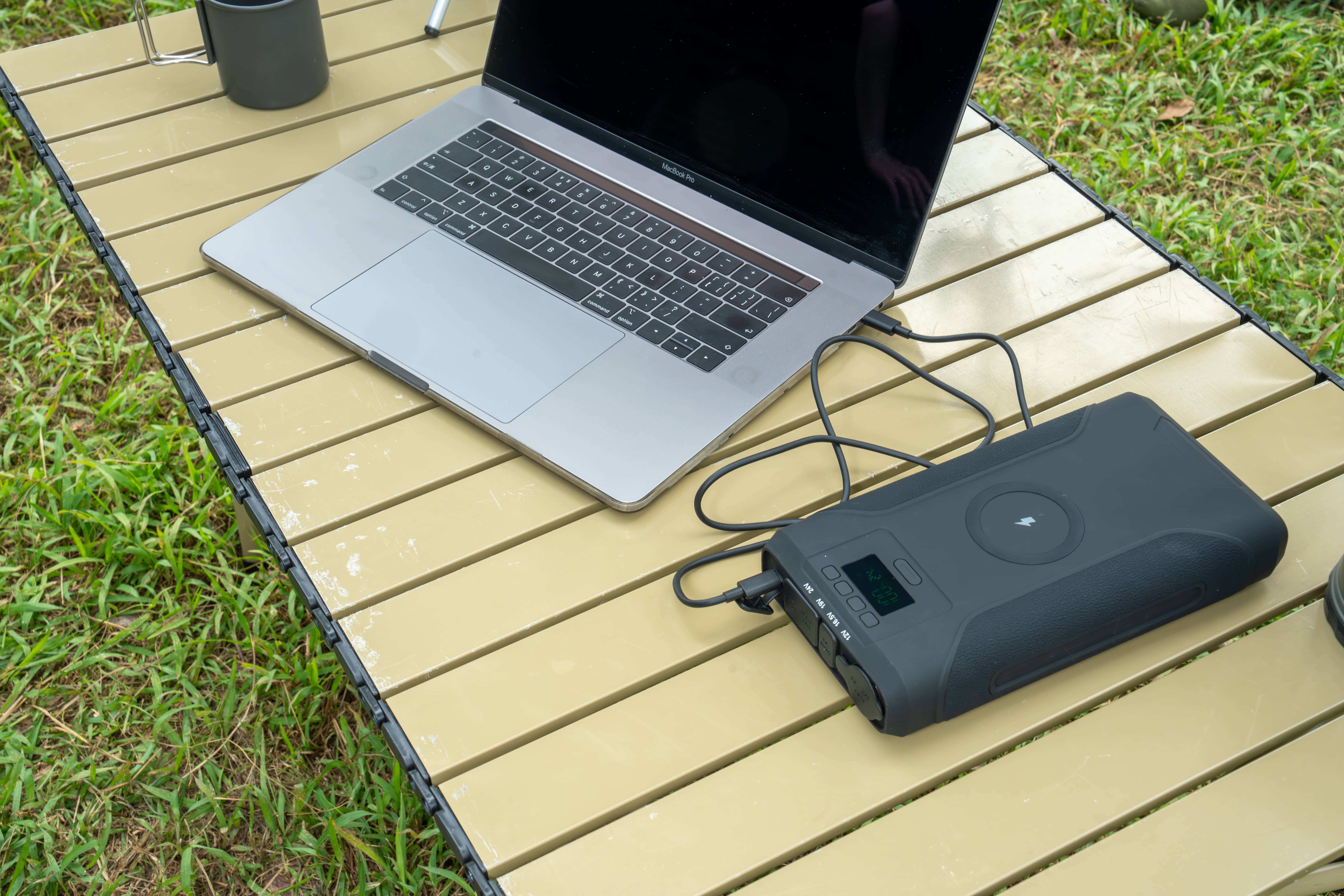In an era where portable devices dominate our lives, the choice of battery technology has never been more crucial. Lithium-ion (Li-ion) and lithium-polymer (LiPo) batteries are two leading contenders powering everything from smartphones to electric vehicles. This article delves into their differences, advantages, and ideal applications to help you make an informed decision.
Laptops
Portable power stations
Electric vehicles
LiPo Batteries:Preferred for lightweight and compact devices with high discharge rates, including:
Drones
Wearable technology
RC cars and boats
Manufacturers often choose between Li-ion and LiPo batteries based on their performance needs. For instance, a power bank prioritizing long battery life and affordability would likely use Li-ion technology. Conversely, a drone requiring lightweight components and high discharge rates would benefit from LiPo batteries.
When selecting between Li-ion and LiPo, consider:
Device Type: For laptops or power stations, choose Li-ion. For compact or high-performance gadgets, go for LiPo.
Durability Needs: Li-ion for rugged usage; LiPo for lightweight, sensitive designs.
Budget: Li-ion is more affordable, while LiPo often costs more.
Both lithium-ion and lithium-polymer batteries offer unique advantages tailored to different applications. While Li-ion dominates in energy density and cost-efficiency, LiPo excels in lightweight and flexible designs. The choice ultimately depends on the specific requirements of your device and use case.
For those seeking high-performance battery solutions, Merpower’sGP14 G4 Pro Battery Packcombines advanced lithium technology with practical features like high capacity, durable design, and versatile compatibility. It’s the ideal power companion for a wide range of portable devices.
Would you like me to refine this further or add additional details?

